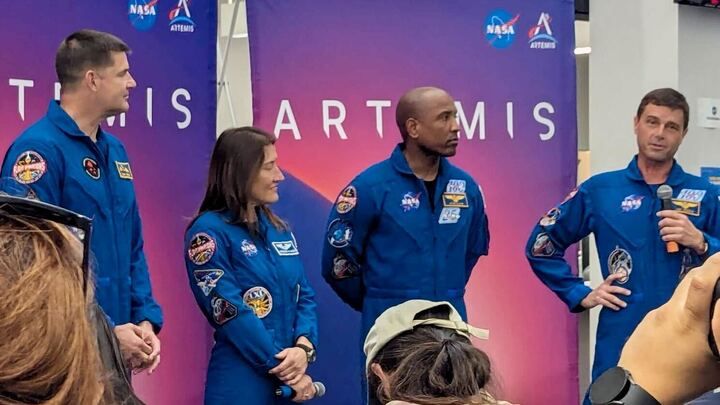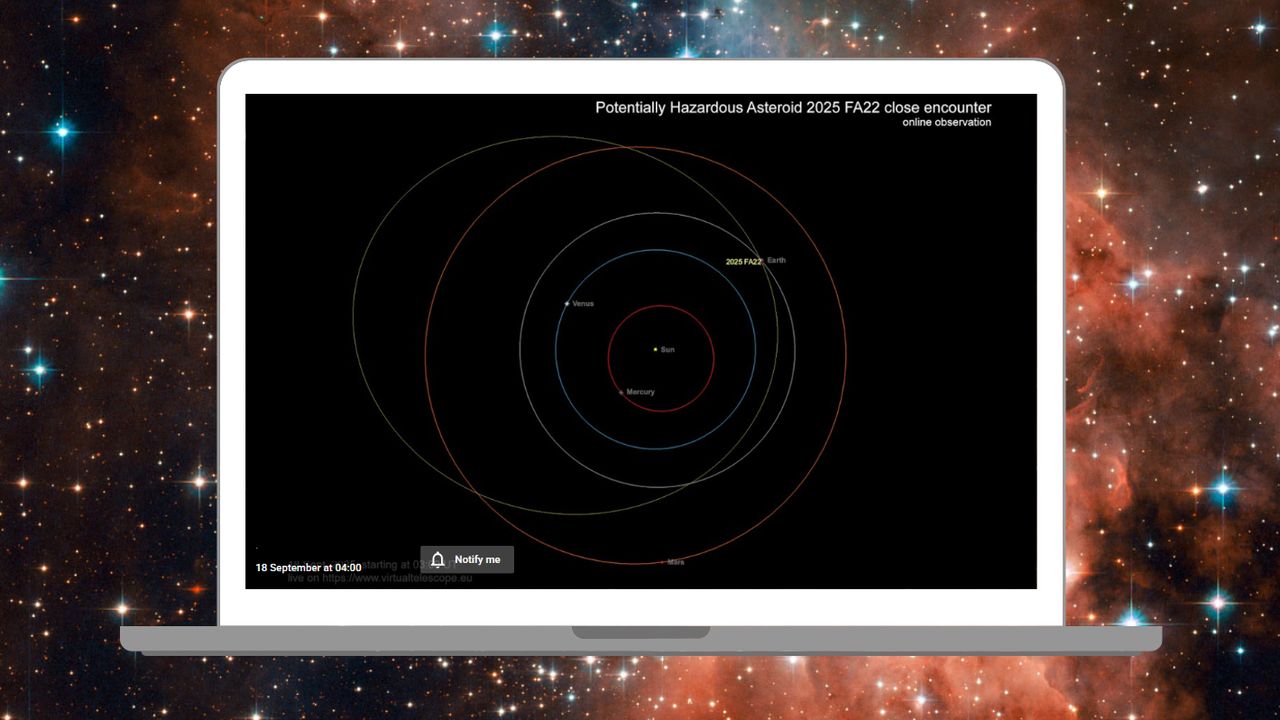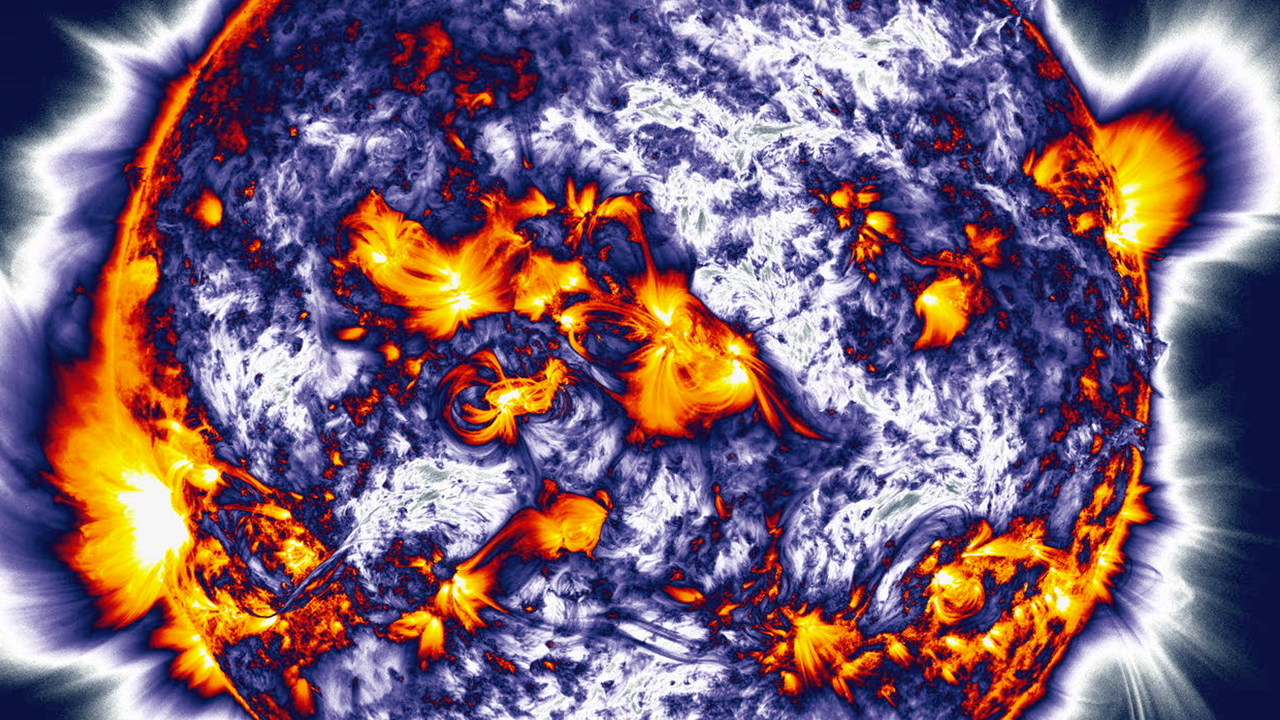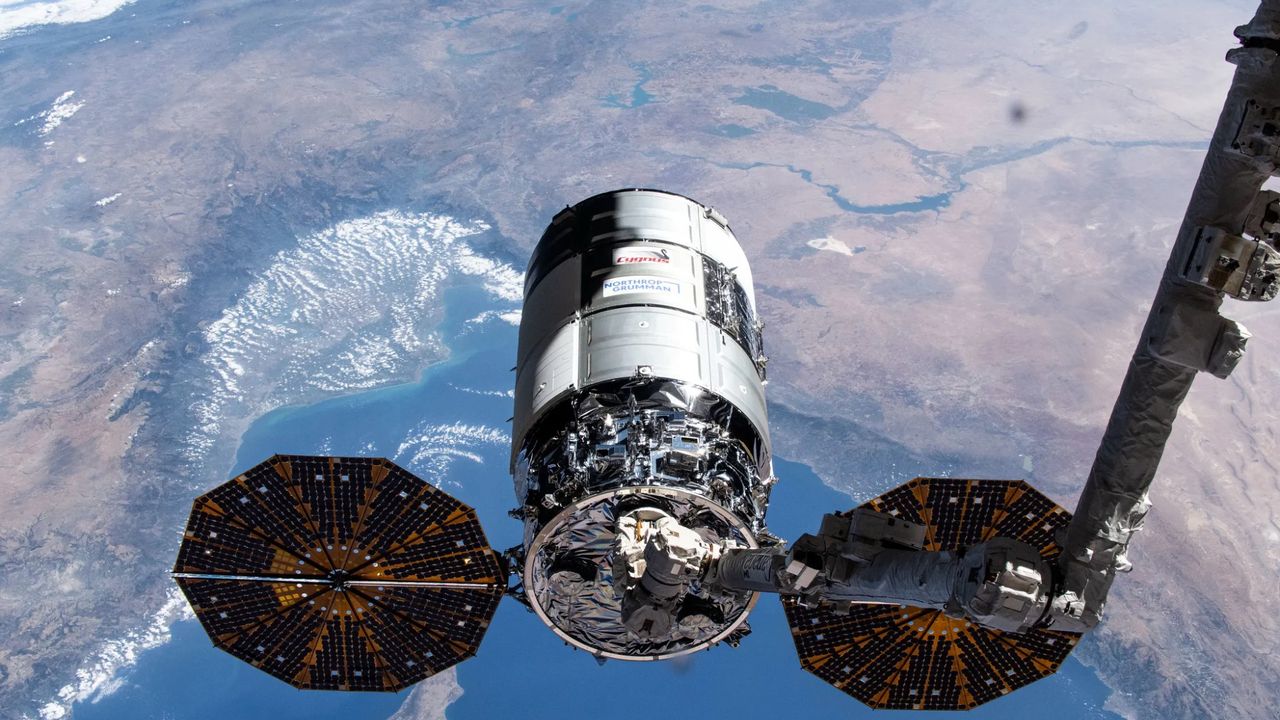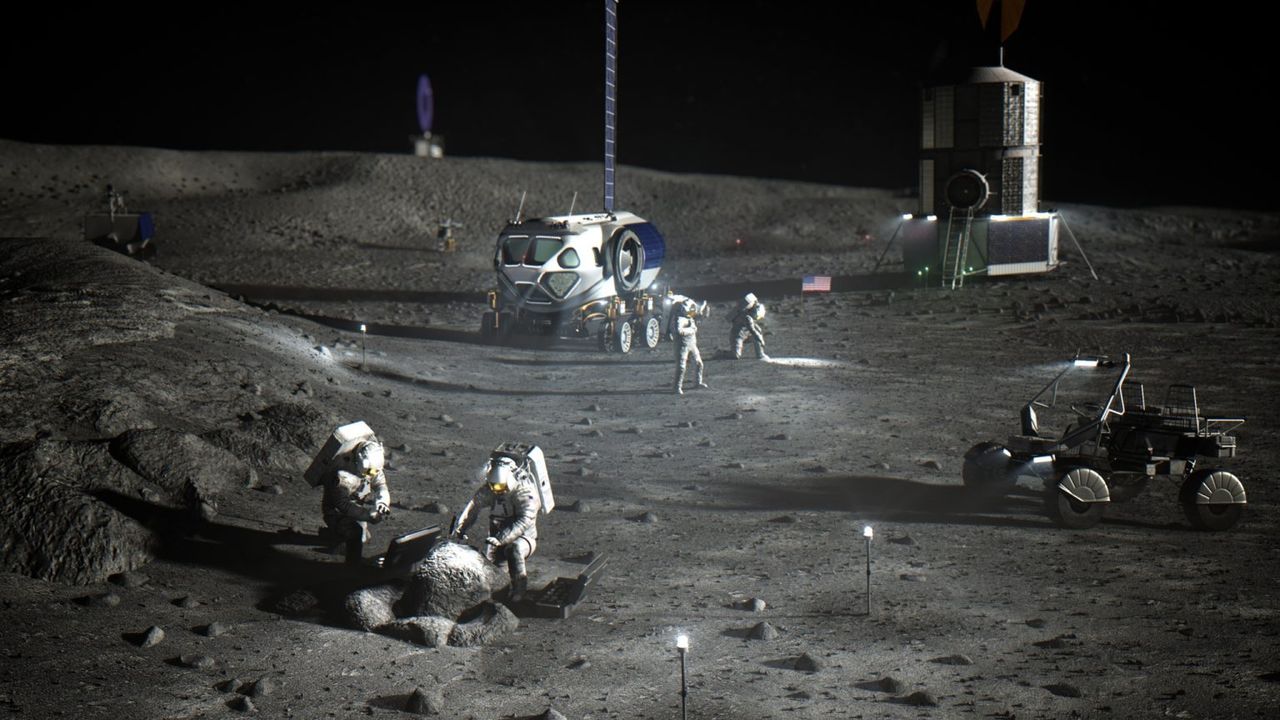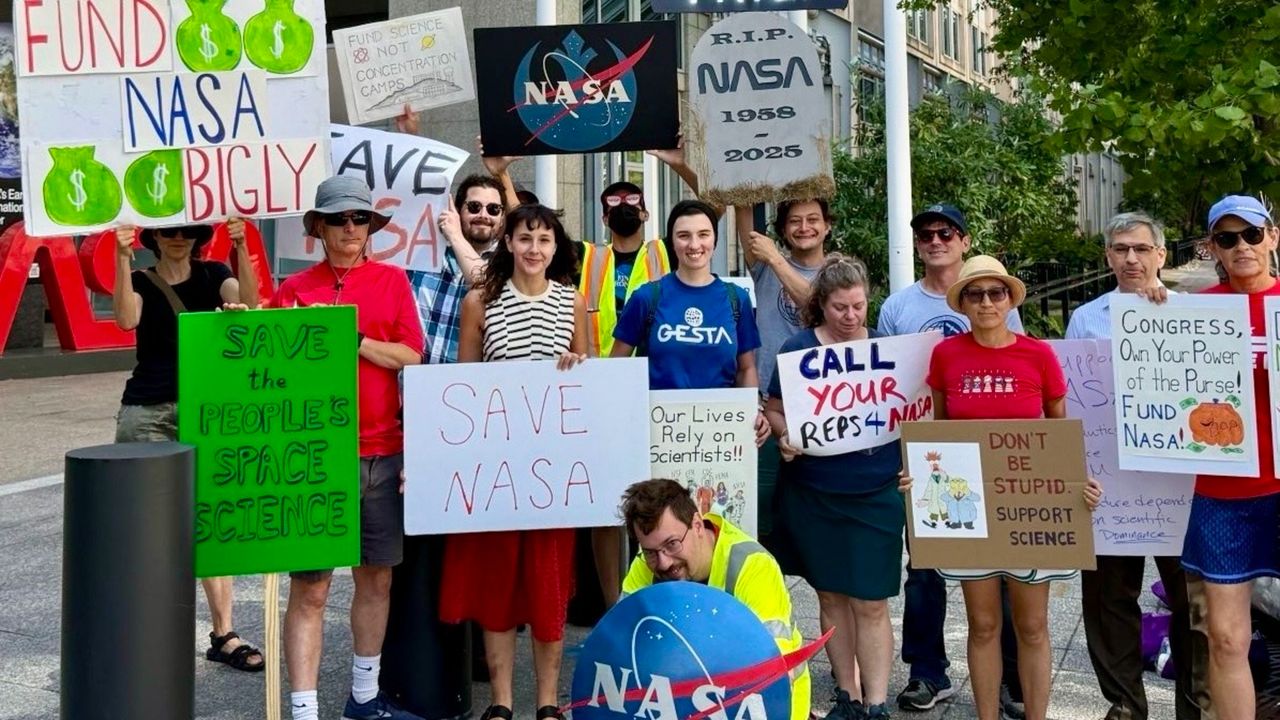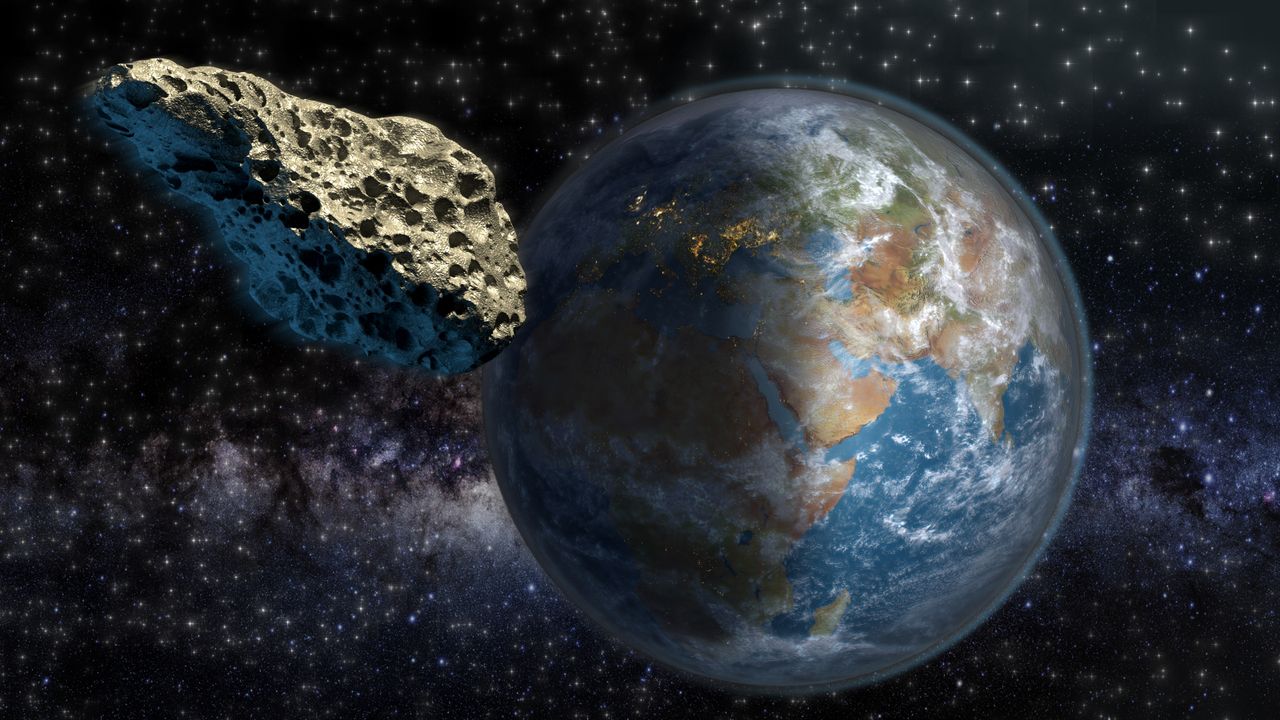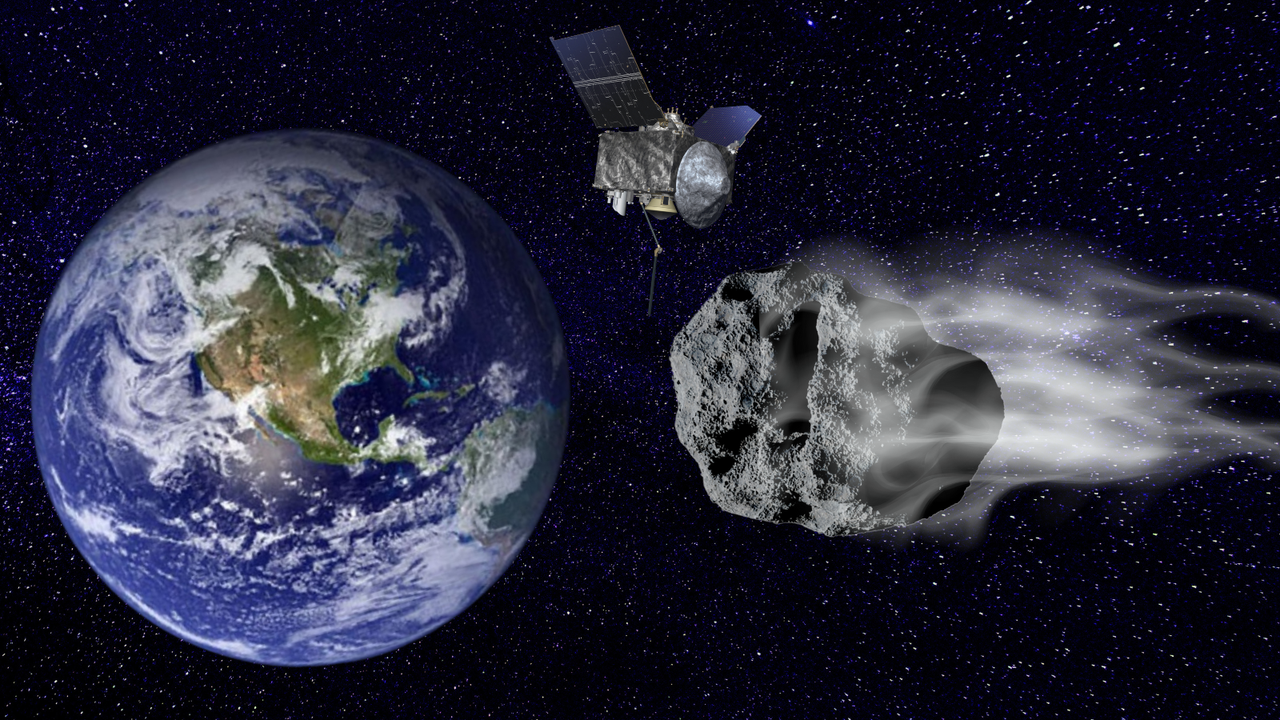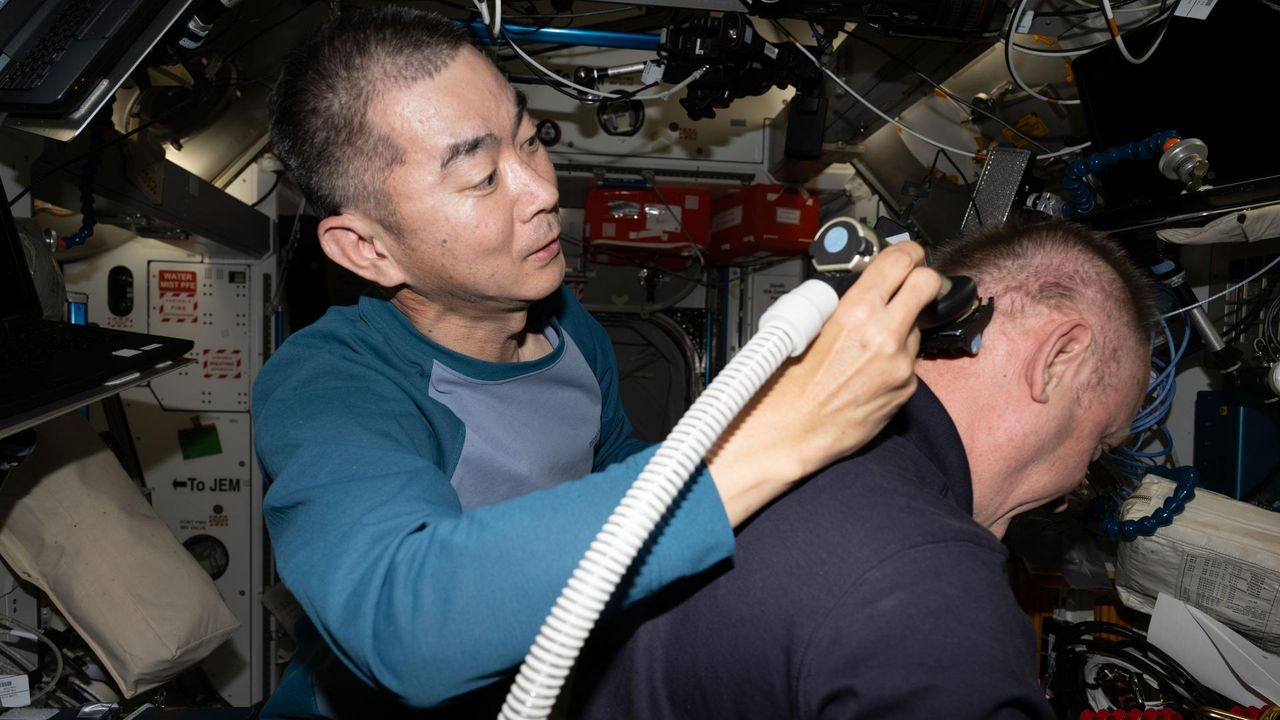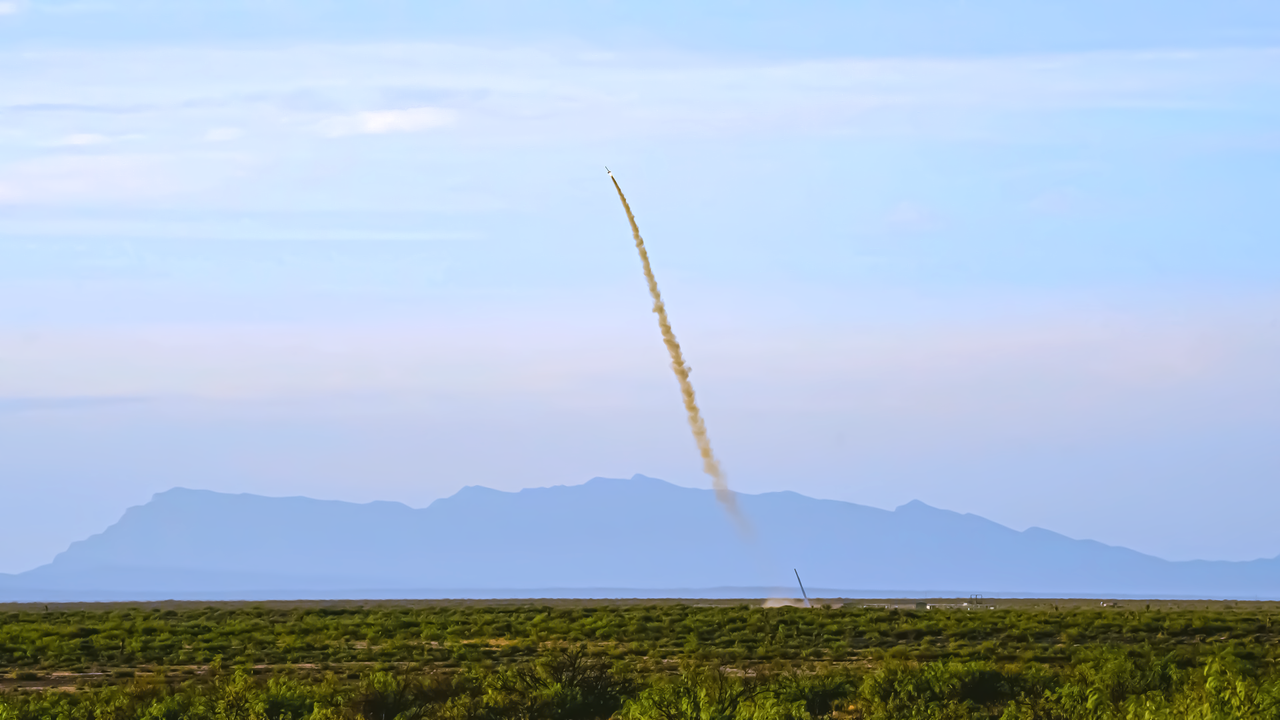Will the International Space Station be replaced before its fiery death in 2030?
NeutralScience
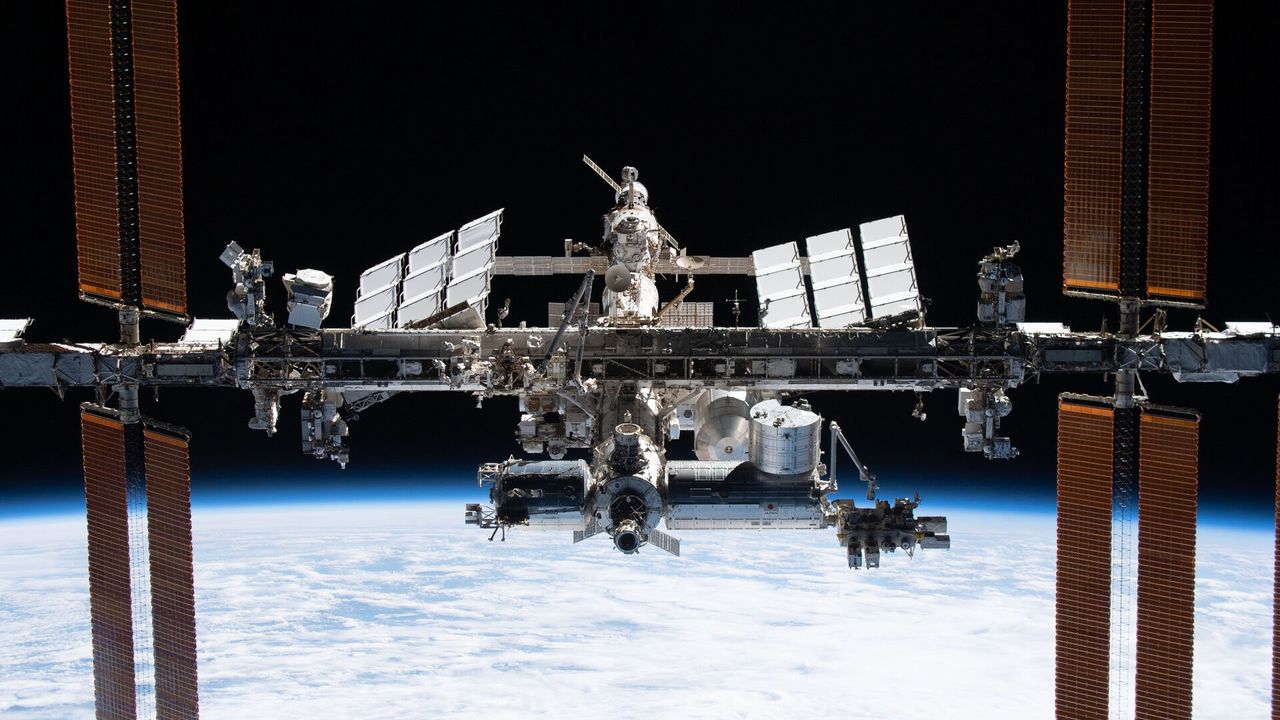
NASA has announced plans to decommission the International Space Station (ISS) by 2030, with no direct replacement in sight. This decision raises questions about the future of human presence in low Earth orbit and the potential for new space exploration initiatives. As the ISS has been a cornerstone of international collaboration in space, its retirement could mark a significant shift in how we approach space research and development.
— Curated by the World Pulse Now AI Editorial System

